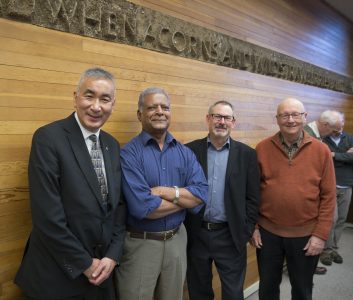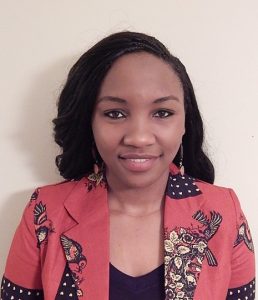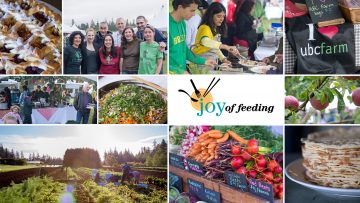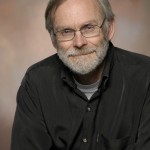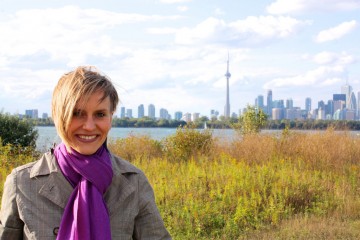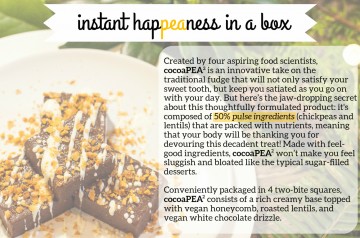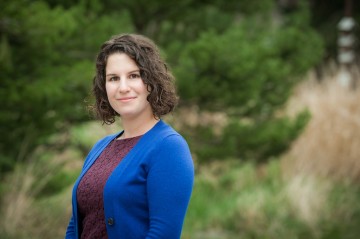
UBC Dietitian on the Possibilities and Pitfalls of Meal Replacements
Mar 17, 2016
By Corey Allen, UBC Public Affairs
The meal replacement industry is big business. Sales for the liquids and powders that act as a substitute for solid food have increased steadily over the past few years. In the United States, the industry is set to reach $3.9 billion in sales in the next three years, according to a 2014 report by Euromonitor, an international market research firm.
Economic success has led to stiff competition amongst the companies and labs concocting what some have called “food of the future.” From Boost to HerbaLife to Soylent, the variety of products available to consumers has never been more abundant.
But can these drinks really replace food? And how do you know which one to buy? Kara Vogt, registered dietitian and clinical instructor in the faculty of land and food systems, helps explain meal replacements.
Can someone solely survive on meal replacements?
It is technically possible. The products on the market are designed to contain a balance of carbohydrates, proteins, fats, vitamins and minerals to meet the nutritional needs of the average person. It might not be terribly exciting, given these drinks have limited flavor options and lack texture. When we consider what a healthy approach to eating actually is, it’s a lot more complicated than simply consuming nutrients for survival. Taste, texture, and social interaction all play a big part in a healthy approach to eating. From a clinical perspective, some people live off of meal replacements out of necessity. For example, someone who has had a severe stroke and can no longer chew and swallow would rely on a fully liquid diet.Can someone solely survive on meal replacements?
With so many different brands available, how does a consumer know which product is the best meal replacement drink for them?
The balance of nutrients in most liquid products is quite similar. However, the source and quality of the nutrients can be variable. Proteins used in liquid products can be from plant or animal sources and fats can be unsaturated or saturated. Since liquid products are manufactured in an industrial setting, the ingredients are not the most natural even if products claim to be. That could be a concern for people who strive to choose foods that are closest to their natural form. The marketing campaigns behind each product make them appear to be very different from one another, when in reality many of the nutrients in each product are quite similar.
If marketing is the differentiator, do these drinks promise what they say they’ll do? How accurate is the packaging?
This is where it is challenging for the consumer. The regulations governing labeling and nutrition claims for liquid nutrition products are very complex. Oftentimes, the packaging can be misleading.
For example, Soylent states the sugar source in their product is isomaltulose from beets. On their website, Soylent says isomaltulose is a “slow-metabolizing” disaccharide. Some research has found that isolmaltulose is metabolized slower than regular sugar. However, it is certainly not slow-metabolizing compared to protein, fat and fibre. This doesn’t mean it’s bad; it’s just not very accurate to describe a dissacharaide as “slow-metabolizing.” The way the ingredients are explained or marketed in most of these drinks creates misconceptions about nutrition amongst consumers.
How can meal replacements factor into a healthy diet?
I think most of the people who incorporate meal replacements into their diet do so by balancing them with solid food, such as opting to have a shake for a breakfast and then solid food for lunch and dinner. They don’t exist solely on meal replacements. I think anyone can make it work in balancing meal replacements with other things to eat. One key pitfall of liquid nutrition is the risk of consuming too much throughout the day. Liquid drinks don’t keep you full for very long, which can lead to over-consuming calories.
This article originally appeared in the March 2016 edition of UBC Reports. It is re-printed here with permission of the author.
Tagged with:
